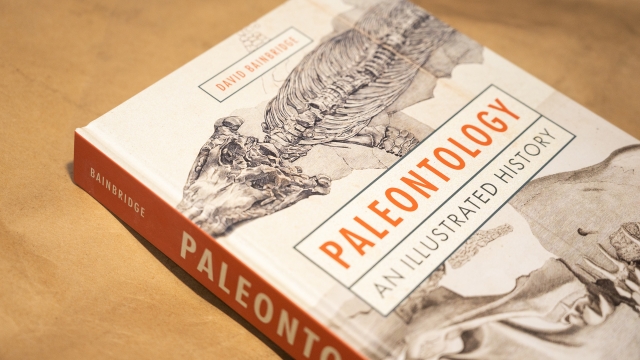Definition and Scope
Paleontology is the scientific study of ancient life through the examination of fossils, encompassing the evolution, interactions, and environments of organisms across Earth's history. This discipline integrates aspects of biology, geology, and ecology to reconstruct past ecosystems and understand the processes that have shaped life on Earth.
Historical Development
The roots of paleontology trace back to ancient civilizations, where fossilized remains were often interpreted as evidence of mythological creatures. However, it wasn't until the 18th and 19th centuries that paleontology emerged as a formal scientific discipline. Georges Cuvier, a French naturalist, is often regarded as one of the pioneers of paleontology for his work in comparative anatomy and the establishment of extinction as a scientific concept.
Subdisciplines
Paleontology encompasses several specialized fields:
- –
Vertebrate Paleontology: Focuses on the study of fossils from animals with backbones, including fish, amphibians, reptiles, birds, and mammals.
- –
Invertebrate Paleontology: Examines fossils of animals without backbones, such as mollusks, arthropods, and echinoderms.
- –
Paleobotany: Studies fossilized plants to understand ancient vegetation and climates.
- –
Micropaleontology: Investigates microscopic fossils, including those of single-celled organisms, which are crucial for biostratigraphy and paleoenvironmental reconstructions.
- –
Paleoecology: Reconstructs past ecosystems and their dynamics by analyzing fossil evidence.
Techniques and Methods
Paleontologists employ various methods to study fossils:
- –
Fieldwork: Involves the excavation and collection of fossils from sedimentary rock formations.
- –
Laboratory Analysis: Includes cleaning, preparing, and studying fossils using tools like microscopes and CT scanners.
- –
Biostratigraphy: Utilizes fossils to date and correlate rock layers, aiding in the construction of the geological time scale.
- –
Paleoclimatology: Studies ancient climates through fossil evidence, contributing to our understanding of climate change over geological time.
Significance
Paleontology provides critical insights into the history of life, evolutionary processes, and past environmental changes. It has practical applications in fields such as oil and gas exploration, where fossil evidence helps in locating and extracting fossil fuels.
Recent Discoveries
Recent paleontological findings continue to enhance our understanding of ancient life. For instance, the discovery of Janjucetus dullardi, a 25-million-year-old predatory whale with unique features, sheds light on early whale evolution. Additionally, a well-preserved fossil of Psittacosaurus has provided rare insights into the evolution of skin in feathered dinosaurs.
Challenges and Future Directions
Paleontology faces challenges such as the incomplete nature of the fossil record and the need for interdisciplinary collaboration. Advances in technology, including imaging techniques and molecular analysis, are opening new avenues for research, allowing for more detailed reconstructions of ancient life and environments.
